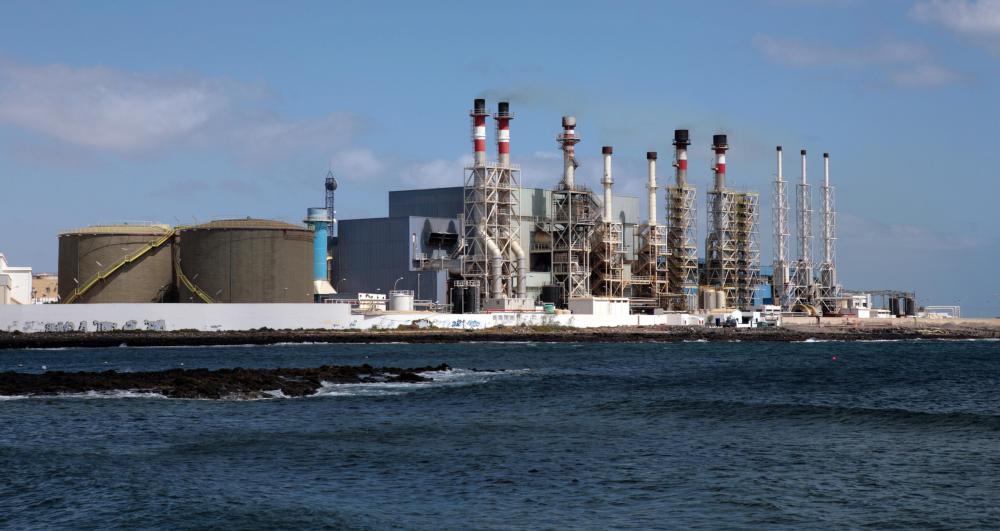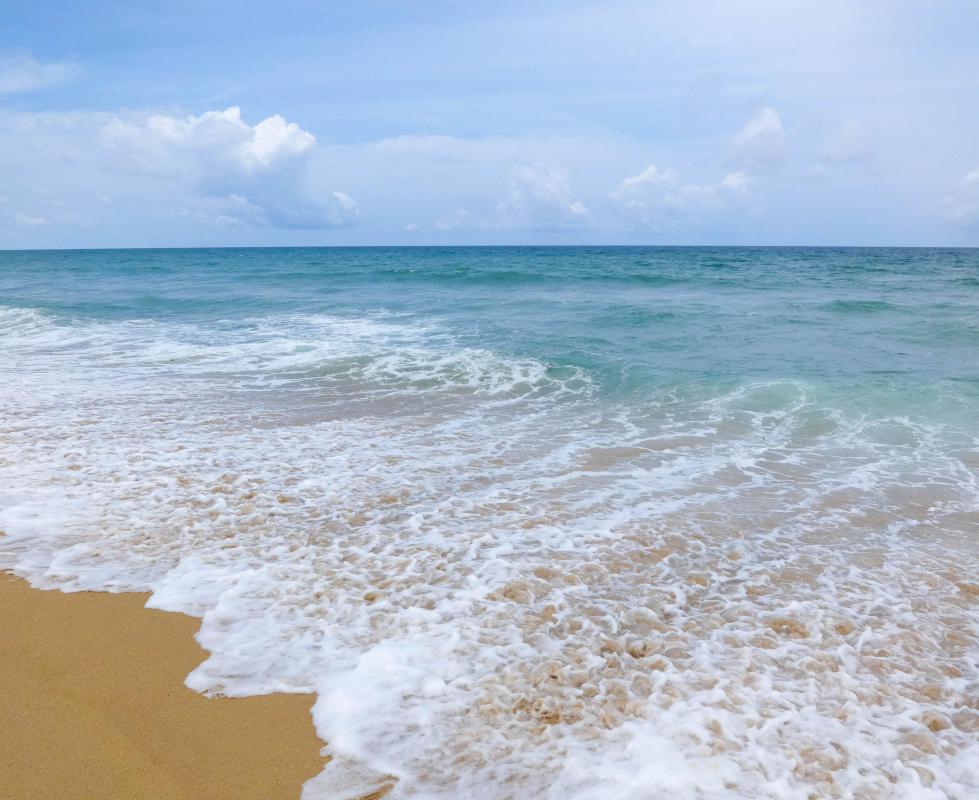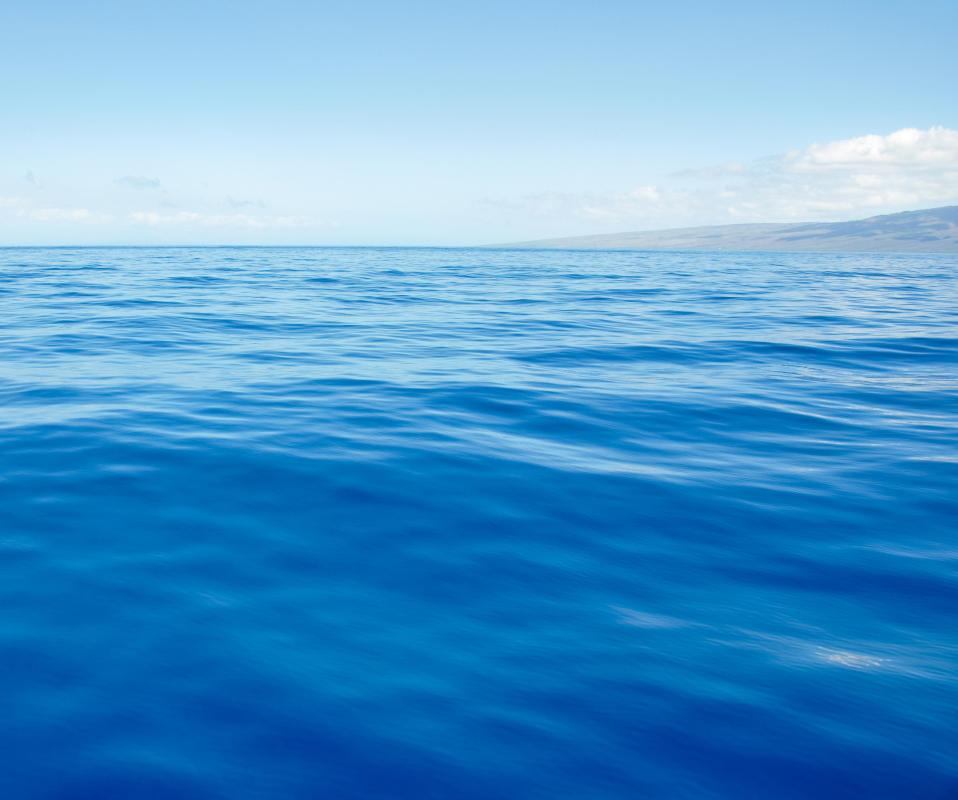At PracticalAdultInsights, we're committed to delivering accurate, trustworthy information. Our expert-authored content is rigorously fact-checked and sourced from credible authorities. Discover how we uphold the highest standards in providing you with reliable knowledge.
What does an Ocean Engineer do?
An ocean engineer researches, designs, and builds various types of marine equipment. Professionals utilize their knowledge of the physical and chemical properties of seawater to solve problems related to ocean research and transportation. An ocean engineer might specialize in designing ships, complex measuring instruments, oil rigs, or large systems used to desalinate seawater or provide hydroelectric power. Engineers work in many different industries and settings, including oil companies, environmental protection agencies, and military branches.
Ocean engineers usually work in offices or laboratories, researching different types of existing marine equipment and determining the need for new technology. Working with a team of other marine specialists, an ocean engineer creates blueprints and schematics for new equipment and vehicles using computer-aided design (CAD) software. He or she puts designs through simulated computer tests to determine their effectiveness, and then oversees the construction of models and prototypes. Once a design is approved, the engineer helps to coordinate large-scale manufacture.

Many professionals engage in the research and development of instruments that are used to test ocean depths, composition, and temperature. An engineer who works for a private company might be involved in the construction of new ships and ports, while an engineer employed by a government or military agency might design submarines, radar systems, underwater communications systems, or missiles. Most types of equipment or vessels found in the ocean were originally conceived by ocean engineers.

An expert who works for an environmental protection agency may be involved in the design of desalination plants to turn ocean water into potable freshwater. Professionals with expert knowledge of civil and chemical engineering might help in the construction of renewable energy plants that utilize ocean tides and currents to provide hydroelectric power. Other engineers provide consultation to shipping companies on ways they can reduce pollution and other risks to ocean life.

An ocean engineer who works for an oil company designs new types of oil rigs and suggests improvements to existing equipment. He or she investigates current technology and determines how to make the drilling process more cost-efficient and environmentally friendly. Engineers often work closely with marine geologists and oceanographers to understand the risks and benefits of drilling in certain areas. As in most ocean engineer professions, oil company engineers utilize CAD programs and other software to create blueprints and simulate test runs.

In most settings, an advanced degree in mechanical, civil, or chemical engineering is necessary to obtain work as an ocean engineer. Most master's degree engineering programs take about five to six years to complete. Licensure is required to work as an ocean engineer in many countries, and entails passing a series of exams that cover the fundamentals of the profession, safety regulations, and laws. Successful, licensed engineers generally enjoy many advancement opportunities, and some professionals are able to start their own businesses as consultants or manufacturing plant owners.
AS FEATURED ON:
AS FEATURED ON:















Discussion Comments
This job seems difficult.
@Nepal2016: Why does the government agency have to monitor and clean up spills? Shouldn't the oil company -- the one 'spilling' the oil -- clean up its own mess?
Nice overview! I think it's really great that you mentioned desalination plants, since this looks like it's going to be a huge industry in the coming years. Water is getting more and more scarce, and there is a whole lot of it in the oceans. Some countries already get some of their water this way, but removing the salt from sea water, but it is expensive. It makes sense that ocean engineers would work on this problem, because many large ships have small, powerful desalination systems on board, so they already have experience working with that kind of equipment.
@Viktor13 - I agree, there is really no end of opportunity for this kind of thing. Especially since they can work on "both sides" of an issue. For example, an engineer working for an oil company might develop a new way to drill in deeper water, then another engineer at a government agency or environmental company develops ways to monitor those deep wells and clean up any spills.
I didn't realize that ocean engineering had so many different components to it. I guess it makes sense, though, since so much of the Earth is covered with water and we are really only exploring a tiny bit of it. As technology gets better for going into deeper water, I would bet this career field gets even more diverse.
Post your comments